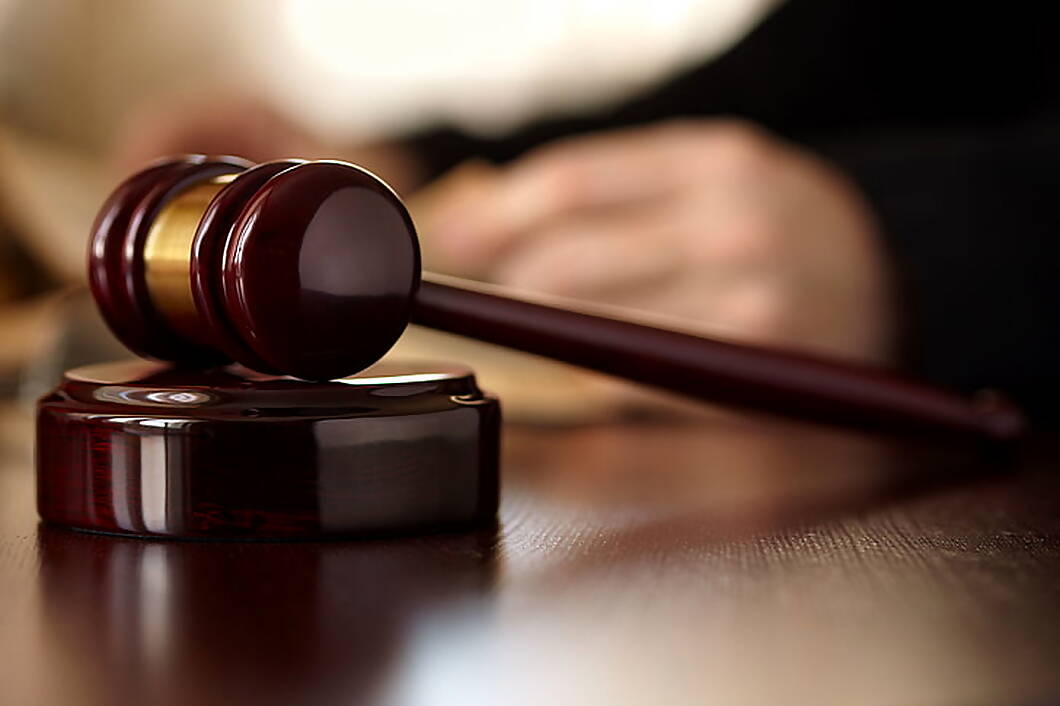Re-appreciation of evidence or interference with finding of fact rendered by Trial court in second appeal u/s 100 of CPC, has limited scope: Supreme Court

Read Judgment: Balasubramanian & Anr vs. M. Arockiasamy (dead) Through Lrs
Pankaj Bajpai
New Delhi, September 3, 2021: The Supreme Court has observed that there is very limited scope for re-appreciating the evidence or interfering with the finding of fact rendered by the trial court and the first appellate court in a second appeal u/s 100 of the Civil Procedure Code.
The Bench of Chief Justice N.V. Ramana, Justice Hrishikesh Roy and Justice A.S Bopanna observed that when there is perversity in findings of the court which are not based on any material or when appreciation of evidence suffers from material irregularity, then the High Court would be entitled to interfere on a question of fact as well.
The background of the case was that the plaintiff filed a suit seeking relief of perpetual injunction to restrain the defendants from interfering with the peaceful possession and enjoyment of the plaint schedule property. The said suit was however dismissed by the Trial Court on ground of failure to prove possession, which was confirmed by the High Court on appeal.
After considering the arguments, the Top Court noted that the plaintiff himself had filed applications before the trial court claiming that the defendant had trespassed into the suit property and encroached the house after grant of temporary injunction.
The Bench found that it was contended by the plaintiff that the defendant had trespassed and was residing in the thatched house, whereas the defendant in his written statement itself had stated that he was residing in the thatched house situated in the suit schedule property.
The said applications have not been pressed to its logical conclusion nor has any other step been taken to seek restoration of possession by establishing that the possession in fact had been taken by the defendant subsequent to the interim injunction, added the Bench.
Highlighting that the possession of the suit schedule property was not established, the Apex Court said that though the lower appellate court had reversed the judgment of the trial court, this aspect of the matter relating to the grievance of the plaintiff that he had been dispossessed had not been addressed and despite the plaintiff not being in possession the injunction being granted by the lower appellate court would not be justified.
“On the other hand a perusal of the judgment passed by the District Judge and the observations contained therein to the effect that the defendant has not produced any documentary evidence to show that Arockiammal is the only heir of deceased Marimuthu Kudumban and also that defendant No.1 alone is the legal heir of deceased Arockiammal, daughter of Marimuthu Kudumban and the conclusion that there is noclinching proof on behalf of the defendant that he has paid kist to the suit property as also the observation that the defendant has miserably failed to prove his possession over the suit property, on the face of it indicate that the District Judge has misdirected himself and proceeded at a tangent by placing the burden on the defendant”, observed the Top Court.
Though there was no issue to that effect before the trial court, the District Judge with such conclusions has ultimately set aside the well-considered judgment and decree passed by the trial court, which will indicate perversity and material irregularity in misdirecting itself in wrongly expecting the defendant to discharge the burden in a suit for bare injunction and arriving at a wrong conclusion, added the Apex Court.
Therefore, the Supreme Court refused to interfere with the judgment of the High Court which was in consonance with the fact situation arising in the instant case.
Sign up for our weekly newsletter to stay up to date on our product, events featured blog, special offer and all of the exciting things that take place here at Legitquest.




Add a Comment